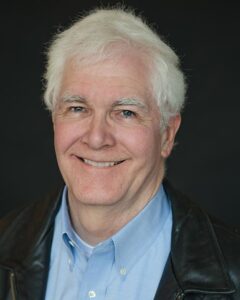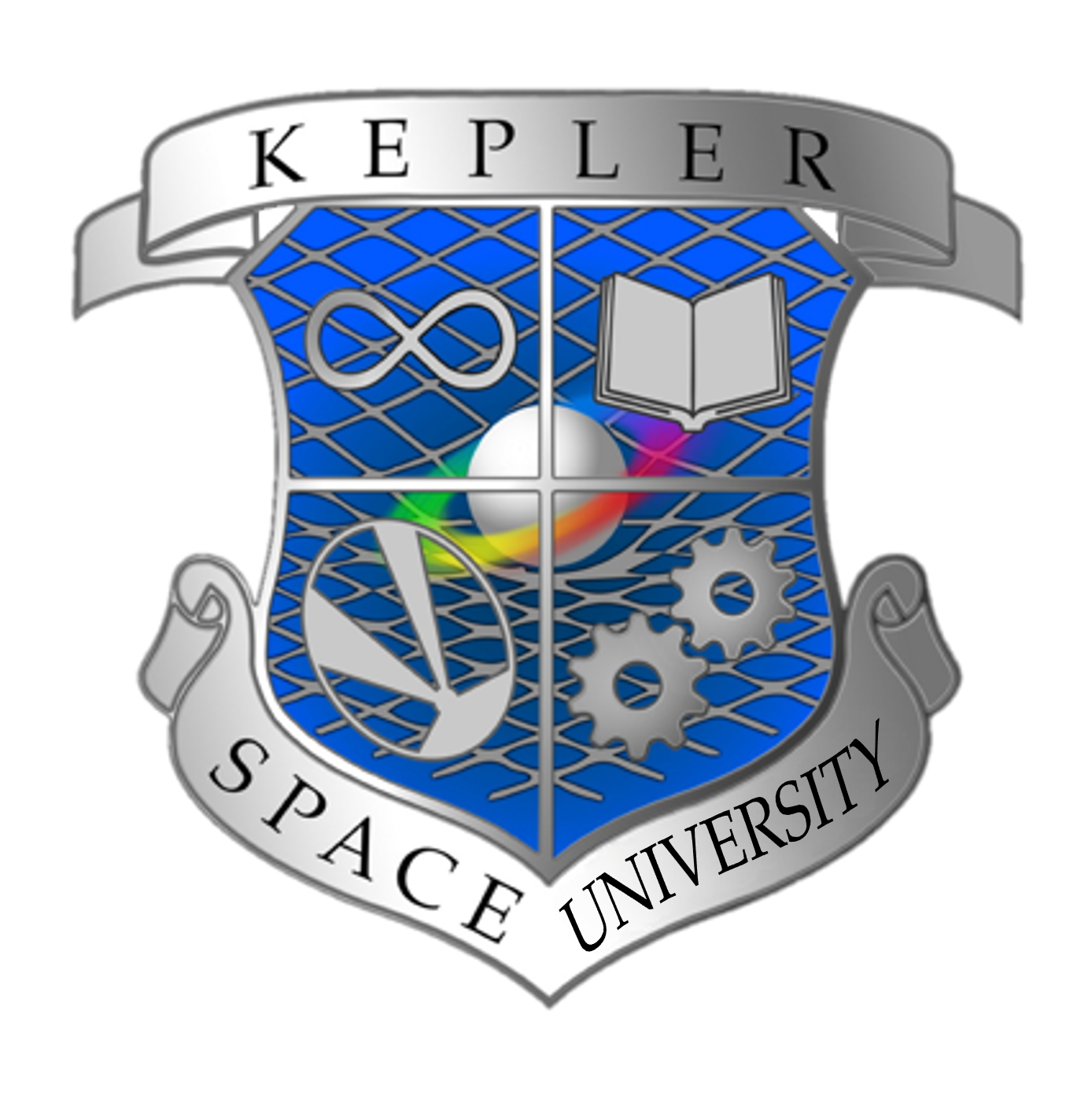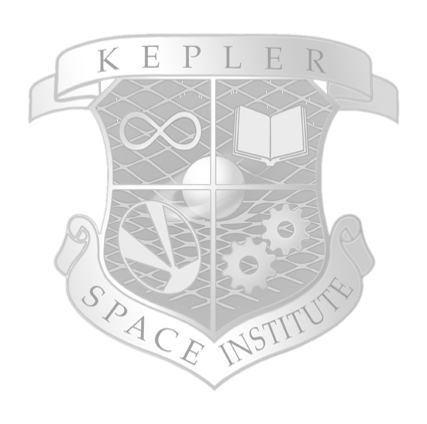Building the Extraterrestrial Habitability and Well-being Index
BY Dr. Annahita Nezami and FRANK WHITEIntroduction to the Extraterrestrial Habitability and Well-being Index (EHWI). This course will help establish psychosocial parameters for sustainable extraterrestrial habitability involves meticulously considering diverse factors of human psychology and social dynamics within the unique Martian/Lunar/Space environment.
FORMAT
Weekly live sessions
ONLINE ACCESS
Progress at your own pace
6 WEEKS
2 hours per week
UPCOMING
SESSIONS
ABOUT THIS COURSE

Citizen Scientists in Space: Building the Extraterrestrial Habitability and Well-being Index
This short course employs a variety of pedagogical approaches, including lectures, interactive discussions, practical demonstrations, and hands-on exercises. By engaging in these multifaceted activities, participants will gain valuable insights into the intricate interplay of psychosocial factors influencing well-being within extraterrestrial habitats. A central component of the course is the Extraterrestrial Habitability and Well-being Index (EHWI), a seminal framework devised for evaluating and enhancing the livability of space habitats. Initiated by space psychologist Dr. Annahita Nezami, the EHWI serves as a cornerstone in understanding the nuanced dynamics of space habitation. By participating in this course you will actively contribute to a citizen science initiative dedicated to refining and discussing the relevance of the EHWI in the evolving field of space psychology. Through collaborative efforts, participants will play a role in advancing strategies for space habitation, positioning themselves as partners in the development of this index.
Upon completion of the course, participants will possess the skills and knowledge to analyze space habitats and discern pivotal determinants shaping well-being in spacefaring endeavors. Join us in this transformative exploration as we chart a course towards a deeper understanding of space habitability and humanity’s enduring legacy among the stars.
WHAT YOU’LL LEARN
This course provides a distinctive opportunity for enthusiasts of space psychology, aspiring astronauts, engineers, designers, and curious explorers to delve into the challenges and possibilities of life beyond our planet.
Upon completion, participants will emerge equipped with a deeper understanding of the psychological, social, and cultural dimensions inherent to space habitation. Specifically, you will:
- Engage in a Citizen Science Project: Become a part of the Extraterrestrial Habitability and Well-being Index (EHWI) initiative, where you’ll play an active role in shaping and refining this essential framework. Developed collaboratively by citizen scientists, the EHWI serves as a crucial tool for evaluating the pertinent factors identified by space experts and the wider community, thus optimizing the habitability of space environments. Your contributions to this project will significantly propel the advancement of space habitation strategies, making tangible strides towards a sustainable future beyond Earth’s borders.
- Evaluate Feedback from Experts and Simulated Space Habitats: Learn to effectively evaluate feedback from simulated space habitats, identifying critical factors influencing well-being in space exploration missions.
- Develop Space Habitation Strategies: Acquire the skills to develop space habitation strategies informed by psychological, social, and cultural considerations, enabling you to make meaningful contributions to this field.
Empowered with this knowledge, participants will be better positioned to make important contributions to the future of human exploration beyond the terrestrial confines.
SYLLABUS
This 6-week space course will be offered online once a week for two consecutive hours. Establishing psychosocial parameters for sustainable extraterrestrial habitability involves meticulously considering diverse factors of human psychology and social dynamics within the unique Martian/Lunar/Space environment. These factors encompass a range of crucial elements such as Cohesion and Social Dynamics, Psychological Support Services, Communication and Connectivity, Autonomy and Decision-Making, Adaptation and Resilience Training, and Cultural Expression and Diversity.
The development of an index, exemplified by the Extraterrestrial Habitability and Well-being Index (EHWI), assumes a critical role in delineating the design specifications and parameters of habitats grounded in psychology and human-centered design principles. Through a meticulous process of aggregating, categorizing, and assessing a diverse array of opinions, the index serves as a repository of invaluable insights into the multifaceted psychosocial factors influencing the well-being and productivity of inhabitants in extraterrestrial environments.
Session One: Introduction to Extraterrestrial Habitability and Well-being Index
This week initiates an exploration into the concept of habitability and well-being within extraterrestrial environments, encompassing Mars, the Moon, and O’Neill cylinders. Participants will receive an overview of the Extraterrestrial Habitability and Well-being Index (EHWI), elucidating its significance in evaluating factors affecting mental health and well-being in space habitats. Through discussions, we will delve into the unique challenges and opportunities inherent to each environment, analyzing their implications for human habitation.
Session Two: Choosing Your Habitat: Martian, Lunar, or O'Neill Cylinder
Participants will embark on an examination of the characteristics and potential advantages/disadvantages of habitats on Mars, the Moon, and O’Neill cylinders. The “Extraterrestrial Community Vision Board Workshop” will engage inhabitants of these celestial bodies in a collaborative process of envisioning their collective future, while addressing the psychosocial parameters crucial for sustainable habitability. Through group debates and decision-making exercises, participants will select their preferred habitat based on provided criteria and personal preferences, followed by presentations highlighting key features and challenges of each habitat.
Session Three: Cohesion and Social Dynamics in Space Habitats
This week focuses on strategies to foster cohesion and social dynamics within space habitats. Discussions will explore the importance of community-building activities and their impact on psychological well-being. Additionally, participants will examine the significance of cultural expression and diversity in promoting psychological well-being, engaging in cultural exchange activities to share backgrounds, traditions, and customs. The session will culminate in a psychology moral dilemma exercise simulating social interactions and conflict resolution scenarios within a space habitat setting.
Session Four: Psychological Support Services in Space
Participants will delve into the challenges of psychological well-being in space environments, studying case studies and examples of mental health support systems and services implemented in previous space missions. A workshop will be conducted to develop effective strategies for managing stress, anxiety, and interpersonal conflicts within space habitats.
Session Five & Six: Formation of the Extraterrestrial Habitability and Well-being Index (EHWI) and Utilizing it to Assess Well-being Factors
The focus shifts to the formation of the Extraterrestrial Habitability and Well-being Index (EHWI), as participants shape its core components and discuss its significance in assessing habitability and well-being in space habitats. Through group activities, students will utilize the EHWI to assess feedback from the public, astronauts, analogue missions, or mission specialists on living in simulated space habitats. An analysis and discussion will follow, prioritizing the factors identified as most critical for well-being based on the EHWI assessment.
INSTRUCTORS

Dr. Annahita Nezami
EarthscapeVR, Kepler Space University
Dr. Annahita Nezami is a graduate of City, University of London, where she studied for a doctoral degree in psychology. She is a counselling psychologist offering consultation, assessment, and therapy to individuals, couples, and organisations, a professor at Kepler Space Institute, and an early-mid career researcher with many years of experience in applied psychology. Her professional interests include space health, the salutogenic benefits of space flight, the psychological impact of our species becoming a multiplanetary species, the psychosomatic impact of stress and trauma, digital therapeutics, peak performance, altered states of consciousness, and neuropsychology. Annahita has applied research experience in forensic psychology and applied psychology, and she has successfully instigated and devised research studies on the salutogenic benefits of the Overview Effect in virtual reality setups with City, University of London, Stirling and Goldsmiths Universities, and the University of Amsterdam. She regularly presents her work at various conferences both nationally and internationally, and she has been invited to talk as a guest lecturer at Birkbeck, University of London, the International Space University, and Deakin University. She has shared her ideas about the Overview Effect and mental health on BBC Radio 4, the Weekend University, at Central St Martin’s, and at TEDx London. She is also an elected fellow and active member of the Royal Society for the Encouragement of Arts, Manufactures and Commerce (RSA) and serves as an advisor to multiple organisations including the Human Space Program.
Frank White has authored or coauthored numerous books on topics ranging from space exploration to climate change to artificial intelligence. His best-known work, The Overview Effect: Space Exploration and Human Evolution, is considered by many to be a seminal work in the field of space exploration. A film called Overview, based largely on his work, has had nearly 8 million plays on Vimeo. Since the first edition of his book on the subject was published in 1987, the Overview Effect has become a standard term for describing the spaceflight experience. The fourth edition of The Overview Effect, including original interviews with 31 astronauts, was published in 2021. White considers himself to be a space philosopher, and he has long advocated developing a new philosophy of space exploration. His book on this topic, The Cosma Hypothesis: Implications of the Overview Effect, was published in 2019. In it, he asks the fundamental question, “What is the purpose of human space exploration? Why has the evolutionary process brought humanity to the brink of becoming a spacefaring species?” In the book, he shares the idea of “the Human Space Program” as a “central project” that will engage all of us in the process of becoming “Citizens of the Universe.”

Frank White
The Overview Effect Institute, Human Space Program, Kepler Space University
WAYS TO ENROLL
Citizen Scientists in Space: Building the Extraterrestrial Habitability and Well-being Index
Introduction to the Extraterrestrial Habitability and Well-being Index (EHWI). This course will help establish psychosocial parameters for sustainable extraterrestrial habitability involves meticulously considering diverse factors of human psychology and social dynamics within the unique Martian/Lunar/Space environment.
PROFESSIONAL $900 USD
EDUCATOR $500 USD
STUDENT $300 USD
Frequently Asked Questions (FAQs)
Who can enroll?
Students from all walks of life are invited to enrol! All you need is access to email and a strong internet connection to participate in live sessions and watch KSU educational content.

